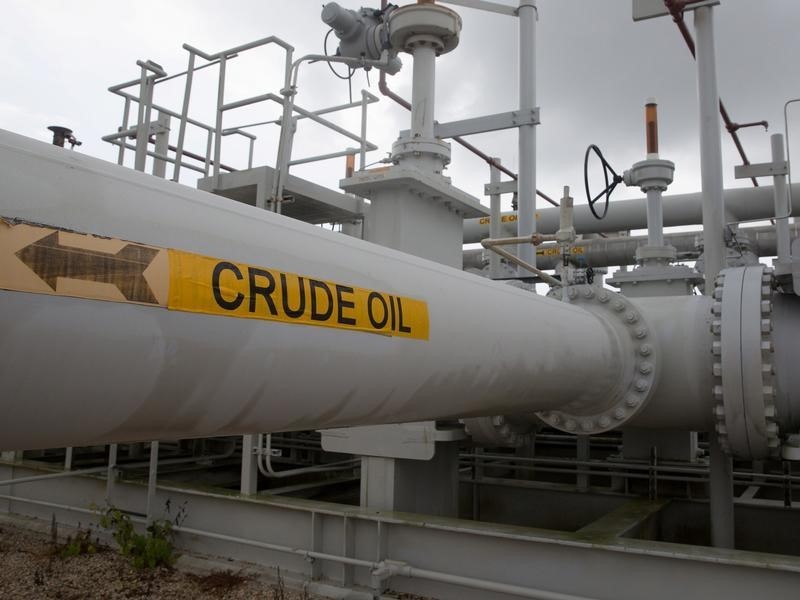On Monday, the Organization of Petroleum Exporting Countries (OPEC) reported a decrease in its crude production, with the United Arab Emirates (UAE) contributing significantly to the reduction. The production fell by 120,000 barrels per day to a total of 27.05 million barrels per day. This change is part of the UAE’s increased efforts to implement supply cutbacks designed to support the global oil market.
The decline in production from OPEC was partially balanced by slight increases in output from Libya and Nigeria. However, these gains were negated by reductions in Iran and Kuwait, which matched the increases in size. OPEC, led by Saudi Arabia, along with its allies, has been actively managing crude output for several years. This strategy is aimed at maintaining prices in the face of fluctuating oil demand and significant oil supplies from the United States.
In the previous month, OPEC and its partners decided to postpone plans to reintroduce some of the production that had been halted. This agreement was part of their ongoing efforts to control the oil market. Despite the collective strategy, not all member countries have adhered strictly to the agreed output limits. According to OPEC’s data, Abu Dhabi is complying with its production quota. However, alternative assessments, including one from a Bloomberg survey, suggest that the UAE is among the nations that have exceeded their production targets.
The adjustments in crude production are part of OPEC’s broader strategy to navigate the complex dynamics of the global oil market, which includes balancing supply with demand and addressing the challenges posed by external oil producers.
This article was generated with the support of AI and reviewed by an editor. For more information see our T&C.



